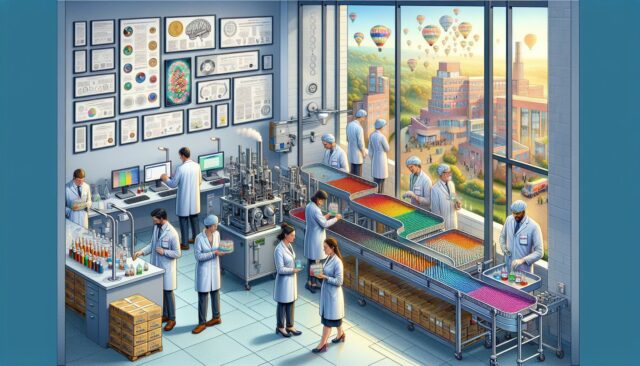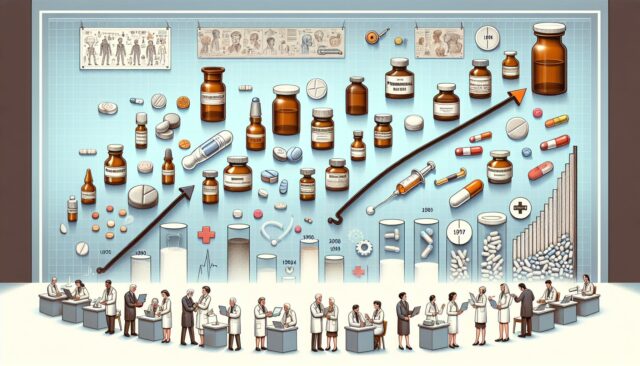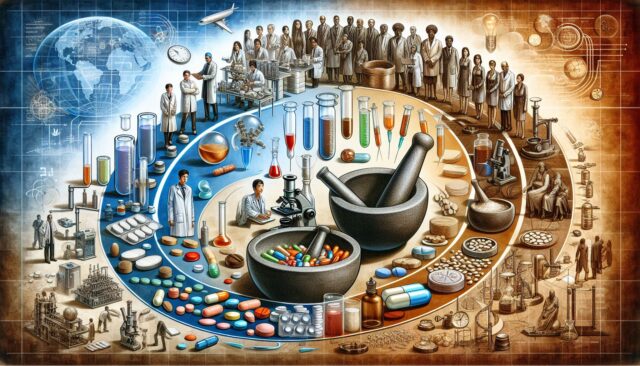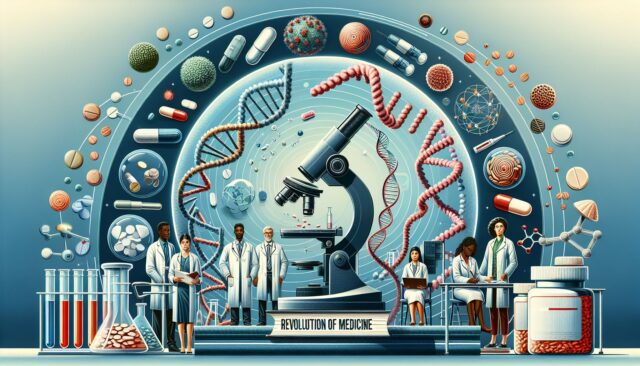The pharmaceutical industry plays a crucial role in the advancement of modern medicine. With the development of new drugs and treatments, pharmaceutical companies have the potential to improve and save countless lives. However, the industry also faces challenges such as regulatory hurdles, pricing pressures, and ethical concerns.
In the past few decades, the pharmaceutical industry has made tremendous strides in the development of new therapies for a wide range of diseases. From cancer treatments to vaccines to antibiotics, the industry has generated numerous breakthroughs that have revolutionized healthcare. These advancements have not only extended and improved the quality of life for many patients, but have also contributed to the overall well-being of society.
One of the biggest challenges facing the pharmaceutical industry is the cost of developing new drugs. The process of discovering, developing, and testing a new drug can take years and cost billions of dollars. This high cost is often passed on to consumers in the form of expensive medications. This has led to debates about the affordability and accessibility of crucial medications, particularly for those who are uninsured or underinsured.
Another issue that the pharmaceutical industry faces is the need to balance profit with ethical considerations. Companies are under pressure to maximize their profits, but they also have a responsibility to ensure that their products are safe, effective, and affordable. This can create conflicts of interest, as companies may prioritize financial gains over the well-being of patients. The industry must navigate these complex ethical dilemmas while striving to uphold its commitment to public health.
Regulatory challenges also pose a significant obstacle for the pharmaceutical industry. Companies must adhere to strict regulations set forth by government agencies such as the Food and Drug Administration (FDA) to ensure the safety and efficacy of their products. Navigating these regulations can be time-consuming and expensive, leading to delays in the approval and commercialization of new drugs.
Despite these challenges, the pharmaceutical industry continues to play a critical role in advancing medicine and improving patient outcomes. Through continued research and innovation, companies have the potential to develop new and improved therapies for a wide range of illnesses. By addressing the challenges of cost, ethics, and regulation, the industry can continue to make a positive impact on global health.
In conclusion, the pharmaceutical industry is a driving force behind the progress of modern medicine. While faced with challenges such as high development costs, ethical considerations, and regulatory hurdles, the industry has the potential to transform healthcare and improve the lives of patients worldwide. By addressing these challenges and prioritizing the well-being of patients, the pharmaceutical industry can continue to fulfill its vital role in advancing medicine.









